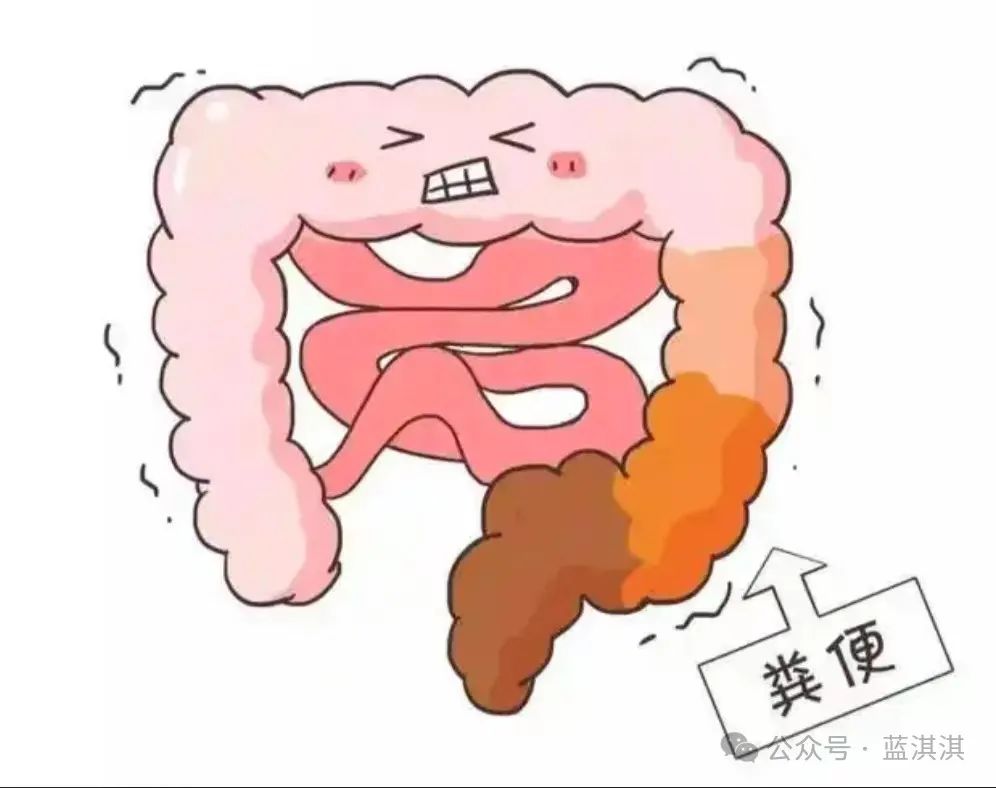
Traditional Chinese Medicine (TCM) believes that blood is an important material foundation for life activities, containing various nutrients required by the body, reaching internal organs and extending to muscles and bones, thus having a wide range of effects. Blood deficiency is a pathological manifestation of insufficient yin blood, primarily referring to inadequate blood production and insufficient blood volume.
“Women are governed by the liver and rely on blood as their foundation.” The liver stores blood; women with blood deficiency often have poor complexion, which may appear yellowish or lacking in color, and their hair tends to be dull and dry. The tongue may appear pale, and menstrual flow may be scant.
Constipation in women is often due to blood deficiency. Using Dang Gui (Angelica Sinensis) at a dosage of 10 grams, boiled in water daily, can be beneficial, and honey can be added to taste. This is a form of “diagnostic medication” in medicine, similar to using nitroglycerin to test if a person’s chest pain is angina; if the pain alleviates immediately after taking it, it can be considered a diagnosis. If the pain persists, it may not be a cardiac issue.
People with constipation often prefer using laxatives such as Da Huang (Rhubarb), Fan Xie Ye (Senna Leaf), and Jue Ming Zi (Cassia Seed), which are classified as “irritant laxatives.” The problem with these is that they can lead to dependency; for instance, if two pills are taken this time, three may be needed next time. Long-term use can cause damage to the intestines and liver function, and may even lead to gastrointestinal bleeding, while also harming yang energy.
For constipation caused by blood deficiency, taking Dang Gui consistently for a week will show significant effects.

END
Thank you!

